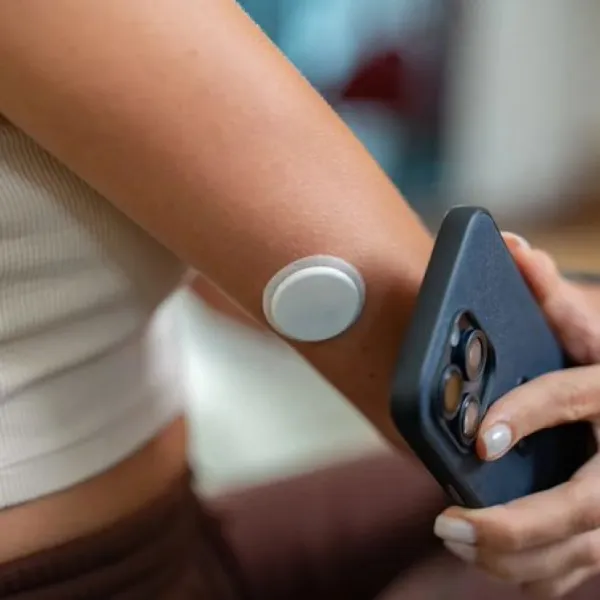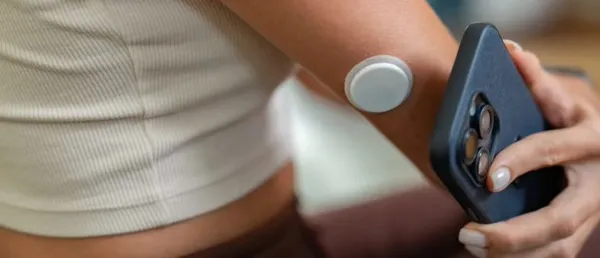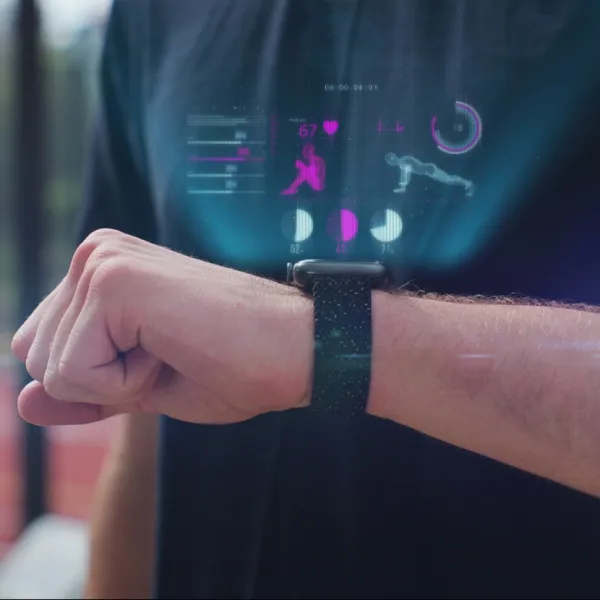Bayer & Samsung Partner to Study Sleep Disturbances in Menopause

Recognizing the significant impact of SDM on women's health and quality of life, the collaboration aims to enhance understanding and develop potential solutions for this prevalent issue.
Bayer AG and Samsung Electronics America, Inc have joined forces to address the data gaps concerning sleep disturbances associated with menopause (SDM).
Recognizing the significant impact of SDM on women's health and quality of life, the collaboration aims to enhance understanding and develop potential solutions for this prevalent issue.
Additionally, this collaboration aims to co-develop an observational study leveraging data from Samsung consumer devices to enhance understanding of the burden and impact of SDM. Samsung's extensive experience in consumer wearable technology and expertise in sensors and devices will play a crucial role in capturing relevant digital endpoints for the study.
Furthermore, the study aims to shed light on SDM alongside other menopausal symptoms such as vasomotor symptoms (VMS) and mood changes. Bayer's recent positive results from the OASIS 1 and 2 phase III studies of its investigational compound elinzanetant underscore the company's commitment to addressing menopausal symptoms comprehensively.
Commenting on the importance of this partnership, Juergen Eckhardt, MD, head of business development & licensing at Bayer's Pharmaceuticals Division, said, "By joining forces with Samsung and women using their devices, we strive to expand treatment options to support women at all stages of life." The observational study, co-developed by both companies, seeks to leverage the data provided by women through Samsung consumer devices to gain insights into the burden and impact of SDM.
Addressing Women's Health Concerns
Sleep disturbances during menopausal transition affect up to 60% of women, impacting various aspects of their lives, including daily activities and work performance.
Sumanth Munipalli, head of partnerships & business development, digital health, Samsung Electronics America, highlighted the significance of exploring the connection between sleep and women’s health, stating, "Samsung is building powerful consumer technology to gain meaningful insights into sleeping better."
Utilizing Wearable Technology for Data Collection
Samsung's expertise in consumer wearable technology and sensors positions it as a valuable partner in capturing relevant digital endpoints for the study. Samsung Health's platform, encompassing its health app and wearables, enables the collection of various biometric data crucial for understanding sleep patterns and menstrual cycles.
Moreover, the financial details of the collaboration were not disclosed, but the initiative aligns with both companies' commitment to advancing healthcare solutions and addressing unmet medical needs in women's health.
Significance of Menopause Management
Menopause, a transitional phase in women’s lives, poses various challenges related to declining ovarian function and hormonal changes. The global population of women experiencing menopause is projected to increase significantly by 2030, highlighting the urgency of addressing associated health concerns.
Bayer, as a global leader in women’s healthcare, has demonstrated a long-standing commitment to delivering innovative treatments and supporting women's health initiatives worldwide.
Through initiatives such as providing access to family planning in low-and-middle income countries, Bayer aims to address the diverse needs of women across different socio-economic backgrounds.
Stay tuned for more such updates on Digital Health News





























